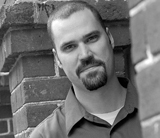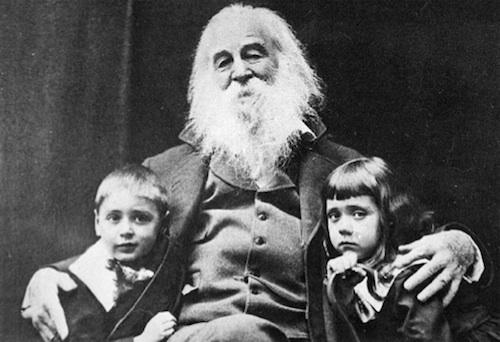
Ted Genoways
Biography
Ted Genoways is the author of five books, most recently This Blessed Earth: A Year in the Life of an American Family Farm (Norton, 2017). Tequila Wars, his saga of the Cuervos, Sauzas, and other tequila families, is forthcoming (Norton, 2019). He was the editor of VQR from 2003 to 2012.



